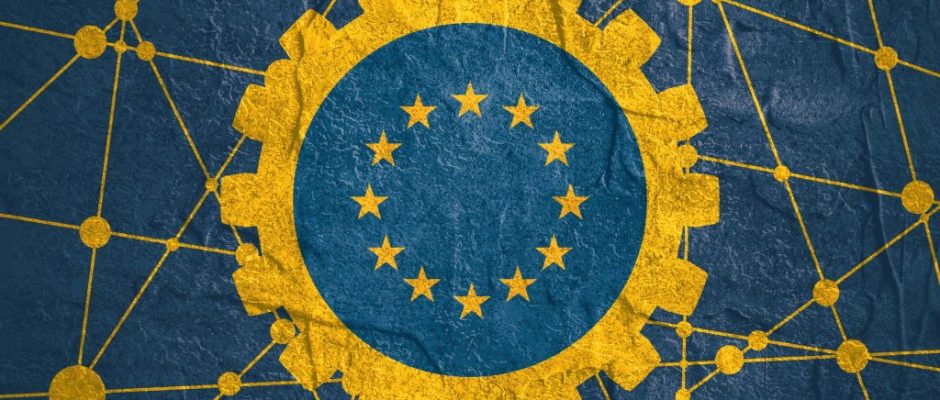UK defence ministry ‘loses’ 269 phones
The UK Ministry of Defence (MoD) has egg all over its face following its admission that over 269 of its phones went missing between January 1 and February 27. This is a record number, even for the MoD, which lost 262 phones in total in 2023 and 2024.
The astonishing total of how many phones were recorded as lost, misplaced or stolen in the first two months of this year only came to light in response to a question asked in the UK parliament by the shadow defence secretary, James Cartlidge. The fact that a security-conscious organization such as the MoD could lose track of so many devices only evidences the increasing overlap between cybersecurity and physical security. Once a device such as a smartphone is in the hands of a threat actor, it can provide a portal to enable all kinds of cyber-attacks.

